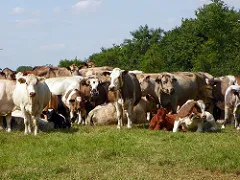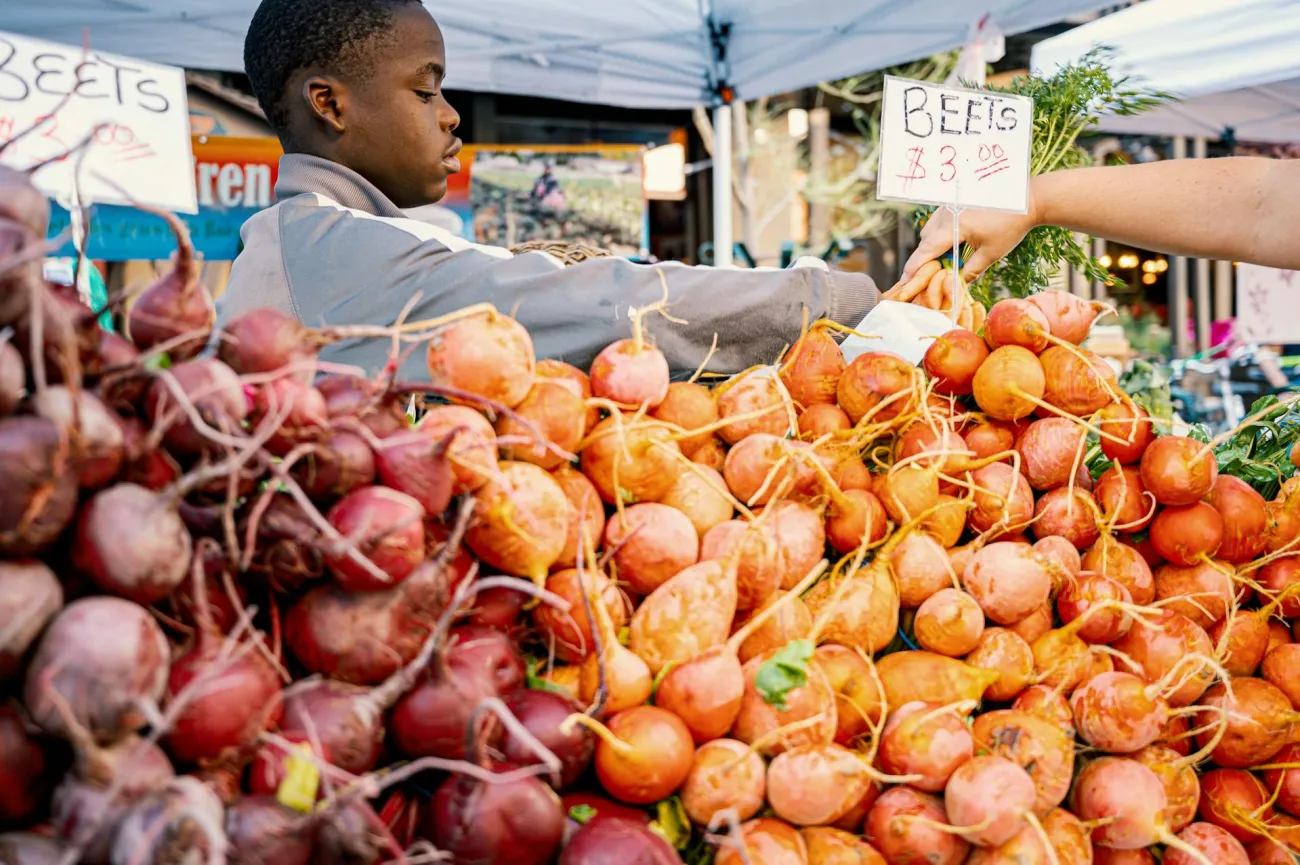This report commissioned by the Committee on World Food Security (CFS) and written by its High Level Panel of Experts for Food Security and Nutrition (HLPE) focuses on sustainable agricultural development for food security and nutrition, specifically in relation to livestock.

Aside from creating a typology of livestock farming systems and describing the main drivers and trends of agricultural development, the Panel identifies what it sees as the main sustainability challenges in this area. The authors propose pathways and responses to address those challenges, both globally and in specific farming systems.
The report ends by noting some priority areas for intervention for each of four categories of livestock system. These are:
‘For smallholder mixed farming systems, the priorities include: ensure better access to markets and more choice of markets; secure tenure rights and equitable access to land; design feasible growth pathways taking into consideration available resources; recognize, empower and enable the role of women; improve animal health management; encourage the use of local, more resistant, breeds; implement appropriate, tailored and participatory programmes that respond to farmers’ needs; facilitate smallholders’ participation in political processes; provide good quality training programmes and information; and redirect development policies and tax incentives towards the design of diversified and resilient farming and food systems.
For pastoral systems, the priorities include: improve governance and security by involving pastoral societies in participatory governance mechanisms; improve connections to markets and market choices; provide and protect access to public services, including for animal and human health, and access to pastoral resources (water and land); implement a fairer taxation system to enhance value-added activities through the processing and marketing of pastoral products; better target emergency assistance; and devise development strategies that take into account the specific needs of pastoral systems, including mobility.
For commercial grazing systems, the priorities include: the maintenance and improvement of grassland management practices to improve resource efficiency and contribute to climate change mitigation and adaptation; the development of integrated crop–livestock–forestry systems that enable several kinds of production on the same land and allow synergies between those productions; and the protection of native forests from deforestation.
For intensive livestock systems, the priorities include: investment in R&D along the complete food chain to strike a balance between increasing production and reducing environmental harm, including food losses and waste; the expansion of precision livestock farming; action to reduce the prophylactic use of antibiotics in animal care and to improve animal welfare; policies to reduce the environmental impact of intensive systems including systems that promote more recycling of animal waste to promote efficiency and reduce the harm caused by unbalanced nutrient cycles (too much depletion where the feed crops are grown and too much addition where livestock are raised and fed); and increase the sustainable production of feed while improving the ratio of feed to animal conversion.’
A summary of the report and its recommendations can be found here. The full 140-page report is here.
You can read related research by browsing the following categories of our research library: Meat, eggs and alternatives; Dairy, Animal issues.
And through the keyword categories: Livestock; Livestock systems; Sustainable food security; Milk; Ruminants.




Comments (0)